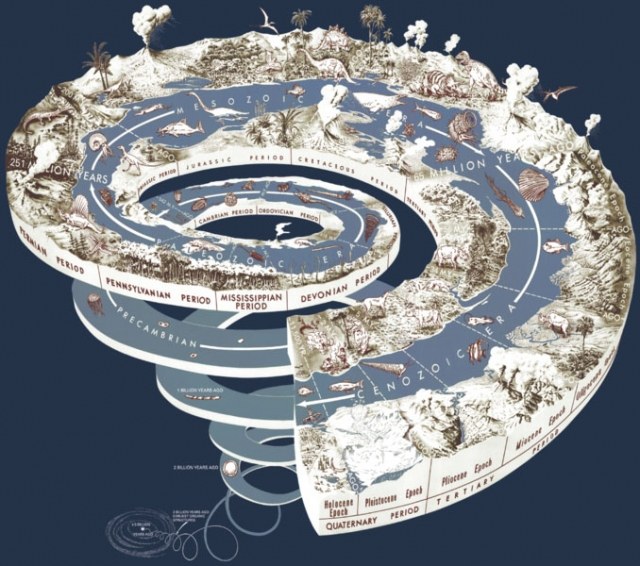In modern science and philosophy, time is considered as a basic but vague concept. It is somewhat similar to the definition of point in geometry, or item in set theory. If you give the most simple philosophical definition, that time is a kind of irreversible flow of the past into the future. Just inside it there are all the events and processes that generally have existing in Genesis.
However, even such an elementary description is too vague. No wonder: for many centuries people have been trying to discover the nature of time, but can't do so far. There are only points of view on various cultures, Sciences, individuals.
And yet, remaining unknown, is one of the most important concepts of the human mind. Many great philosophers have considered and consider it as something objective, but there are some thinkers who define the time as an exclusively subjective notion, inherent in the human consciousness.
At the dawn of mankind the concept of time was cyclic in nature. It was determined by sunrise and sunset, seasons, etc. Later developed a more sophisticated, linear view of time. In the early XX century was established the connection between time and space. And thinkers of the middle Ages formed a new direction of research of time, interdisciplinary. It received the name of the temporology and United philosophers, scientists, theologians, artists – all those who were interested in the nature of time.
Was an attempt to create a universal theory of time. It had taken John.T.Frazier, President of the International society for the study of time (International Society for the Study of Time). He published under his editorship the fundamental study, which included theoretical and empirical materials of all interdisciplinary research of the time. But they just confirm that it is impossible to consider biological, physical, historical, psychological, philosophical and literary concepts of time with a common point of view.
However, over the past three thousand years various Sciences developed four concepts of the nature of time: relational, substantial, static and dynamic. Among themselves they differ in the interpretation of the relationship between time and objects.
